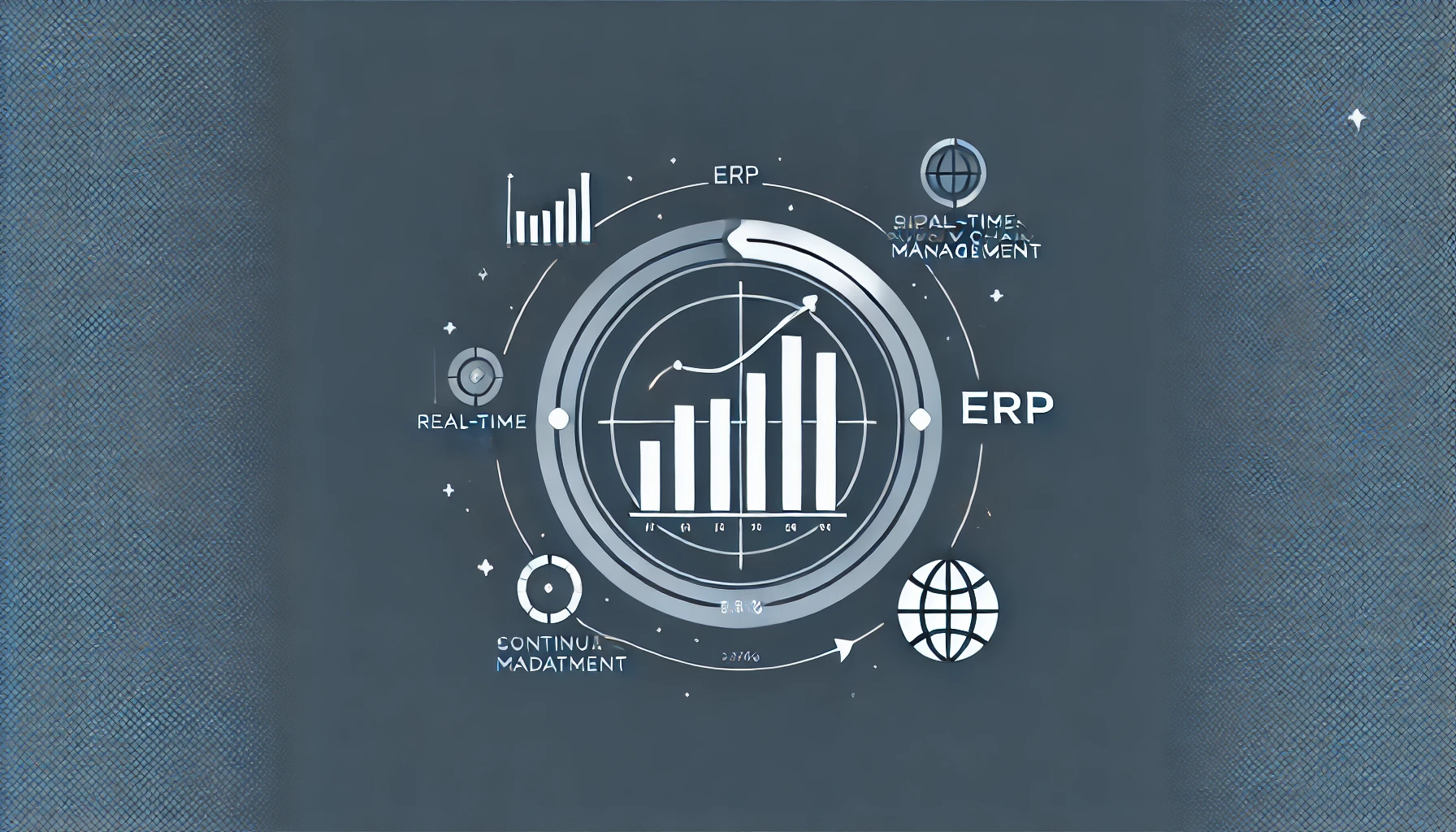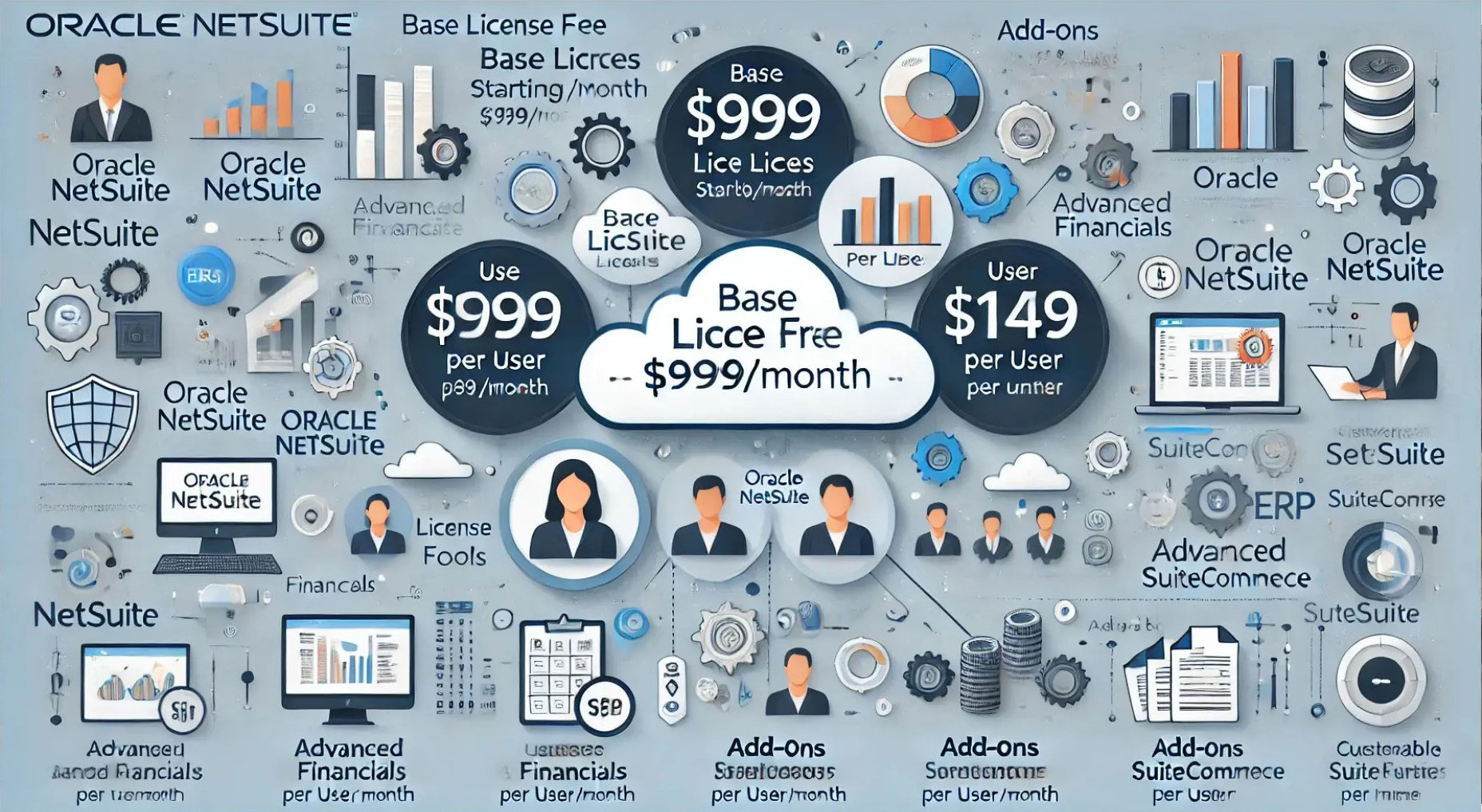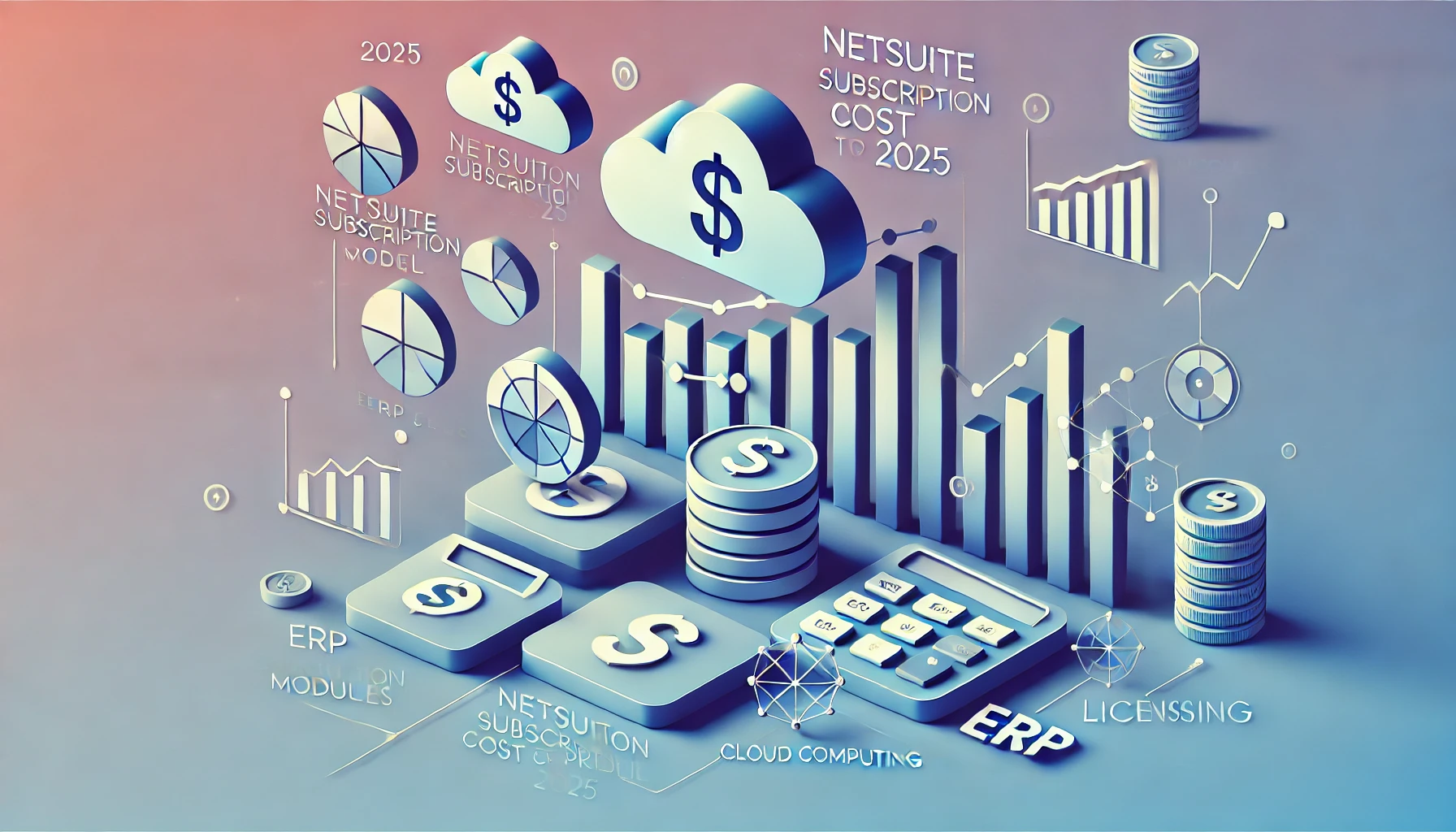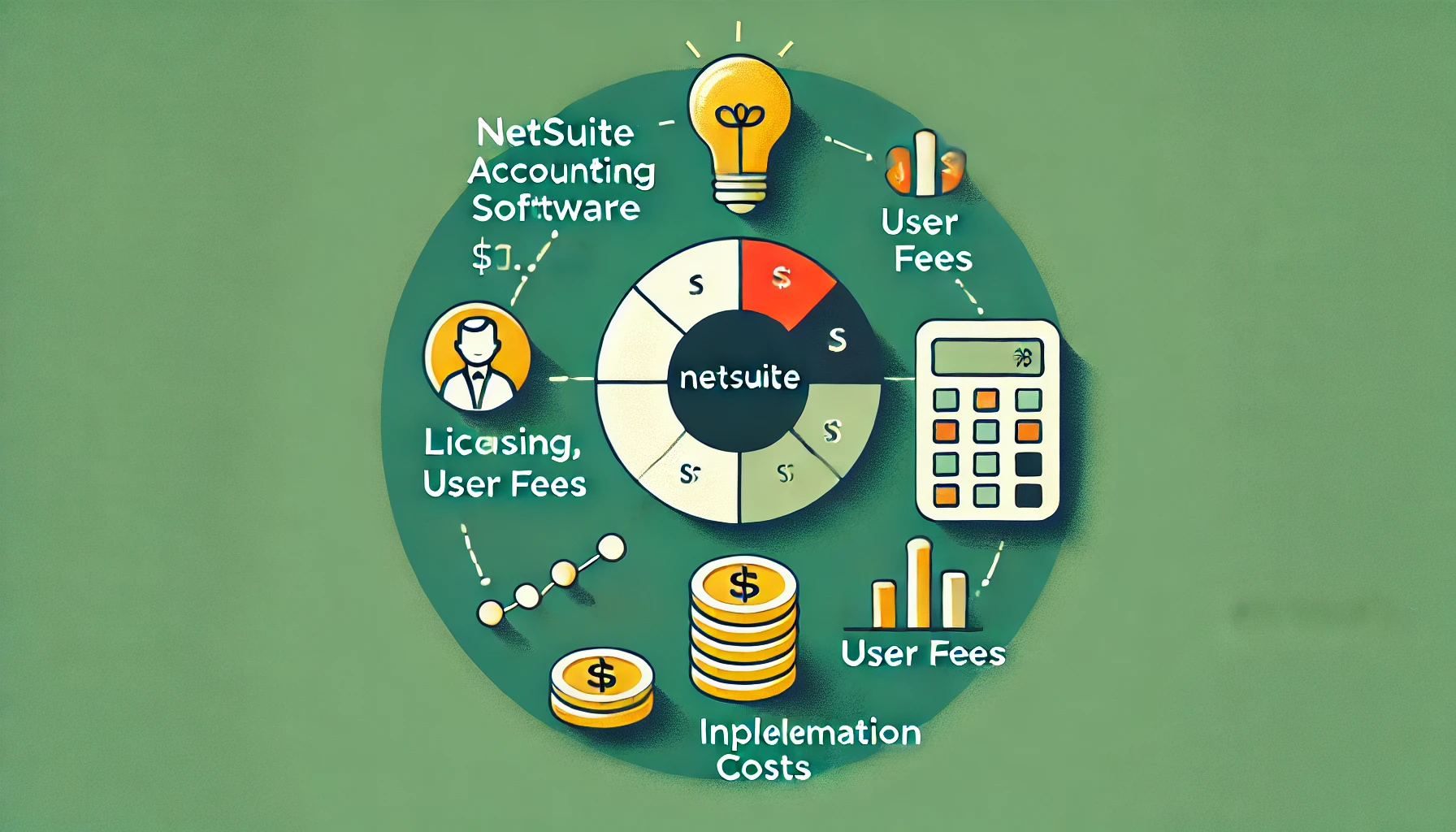In today’s fast-paced business world, supply chain management is more than just moving goods from one point to another; it’s about ensuring efficiency, minimizing costs, and meeting customer expectations. A seamless and transparent supply chain forms the backbone of successful businesses, and ERP systems have emerged as powerful tools to achieve this.
With custom ERP solutions for your business, organizations can gain complete visibility and control over supply chain operations. These systems consolidate data, streamline processes, and integrate cutting-edge technologies, making supply chains more adaptive and resilient in an increasingly complex global market.
Table of Contents
ToggleUnderstanding Supply Chain Visibility
Supply chain visibility is the ability to track all components and processes within the supply chain in real-time. From inventory levels to transportation routes, visibility ensures businesses stay ahead of potential disruptions. Historically, supply chain operations relied on disparate systems and manual processes, leading to inefficiencies and errors.
ERP systems address these challenges by providing a centralized platform that integrates data from multiple sources. With custom ERP solutions for your business, you gain a bird’s-eye view of the entire supply chain, enabling better planning and faster decision-making. This transparency not only reduces risks but also drives efficiency across the board.
The Role of Custom ERP Solutions in Supply Chain Management
ERP systems are not one-size-fits-all. Each business has unique challenges, and custom ERP solutions for your business are designed to cater to those specific needs. These tailored systems allow for flexibility, scalability, and better alignment with business goals.

Key Benefits of Custom ERP Solutions for your business
- Tailored Features: Custom ERP software focuses on industry-specific needs, such as inventory forecasting or supplier management.
- Integration Capabilities: These systems can integrate seamlessly with other tools like CRM software or third-party logistics platforms.
- Future-Readiness: Customization ensures that the ERP system evolves with your business, adapting to new challenges and technologies.
How ERP Enhances Supply Chain Management
1. Real-Time Data and Smarter Decision-Making
One of the standout features of ERP systems is their ability to provide real-time data. This capability empowers businesses to monitor operations closely and act proactively.
For instance, imagine a scenario where a shipment delay is detected. An ERP system notifies the relevant teams immediately, enabling them to adjust schedules and inform customers proactively. Platforms like NetSuite excel in offering intuitive dashboards that present live metrics, from inventory levels to delivery timelines.
Real-time data also facilitates more accurate forecasting. By analyzing trends and historical data, businesses can anticipate demand fluctuations and adjust supply chain operations accordingly.
2. Optimized Inventory Management
Efficient inventory management is critical to reducing costs and meeting customer expectations. ERP systems streamline this process by ensuring optimal stock levels and minimizing wastage.
- Demand Forecasting: Advanced ERP tools analyze purchasing patterns and seasonal trends to predict future demand, helping businesses avoid overstocking or stockouts.
- Automated Replenishment: ERP systems automatically trigger orders when inventory reaches predefined thresholds, reducing manual effort and errors.
For example, a custom ERP solution for a retail business could integrate with its e-commerce platform to track inventory levels in real-time and synchronize replenishment orders with sales trends.
3. Enhanced Collaboration Across the Supply Chain
Supply chains often involve multiple stakeholders, including suppliers, manufacturers, logistics providers, and customers. ERP systems foster collaboration by providing a single platform where all parties can access and share information.
- Vendor Portals: ERP systems offer vendor-specific dashboards where suppliers can track purchase orders, delivery timelines, and payment statuses.
- Unified Communication: With ERP, communication between different teams becomes seamless, reducing errors and enhancing efficiency.
This level of collaboration ensures smoother workflows and stronger relationships with supply chain partners.
4. Predictive Analytics for Risk Mitigation
Modern ERP systems leverage predictive analytics to foresee potential risks and recommend solutions. These insights are invaluable in mitigating disruptions and ensuring supply chain continuity.
- Risk Forecasting: ERP systems identify vulnerabilities, such as supplier reliability issues or transportation bottlenecks, enabling proactive solutions.
- Scenario Planning: By simulating different scenarios, businesses can test strategies and develop contingency plans for various challenges.
This capability is particularly important in industries with complex global supply chains, where disruptions can have significant financial implications.
5. Automation for Cost Efficiency
Automation is a game-changer in supply chain management. ERP systems automate repetitive tasks, reducing manual errors and freeing up resources for strategic activities.
- Streamlined Order Processing: From generating invoices to updating inventory, ERP systems handle these processes automatically, saving time and effort.
- Logistics Automation: ERP platforms optimize shipping routes and track deliveries in real-time, ensuring timely and cost-effective transportation.

Technologies Enhancing ERP Systems
- Artificial Intelligence (AI): AI enables ERP systems to analyze large datasets and provide actionable insights, making supply chains more predictive and adaptive.
- Internet of Things (IoT): IoT devices, such as sensors and GPS trackers, integrate seamlessly with ERP systems, offering real-time updates on shipments, inventory, and equipment performance.
- Blockchain Technology: By recording every transaction in an immutable ledger, blockchain-integrated ERP systems enhance transparency and reduce fraud in supply chains.
The Future of Supply Chain Management with ERP
ERP systems are evolving rapidly, incorporating advanced technologies to meet the challenges of modern supply chains. Businesses that embrace these innovations will gain a competitive edge, improving efficiency, reducing costs, and enhancing customer satisfaction.
Investing in custom ERP solutions for your business ensures that your operations remain agile, scalable, and ready to tackle the complexities of the future.
Conclusion
At ERP with Sagar, we are committed to exploring the transformative potential of ERP systems across various industries. Supply chain management is one area where ERP systems truly shine, offering businesses the tools to enhance visibility, streamline processes, and reduce costs.
With custom ERP solutions for your business, you can achieve greater transparency, improved efficiency, and enhanced collaboration across your supply chain. As supply chain complexities grow, ERP systems will continue to play a pivotal role in driving operational success.
ERP with Sagar invites businesses to delve deeper into how tailored ERP solutions can redefine their operations, ensuring they stay ahead in a competitive market.




